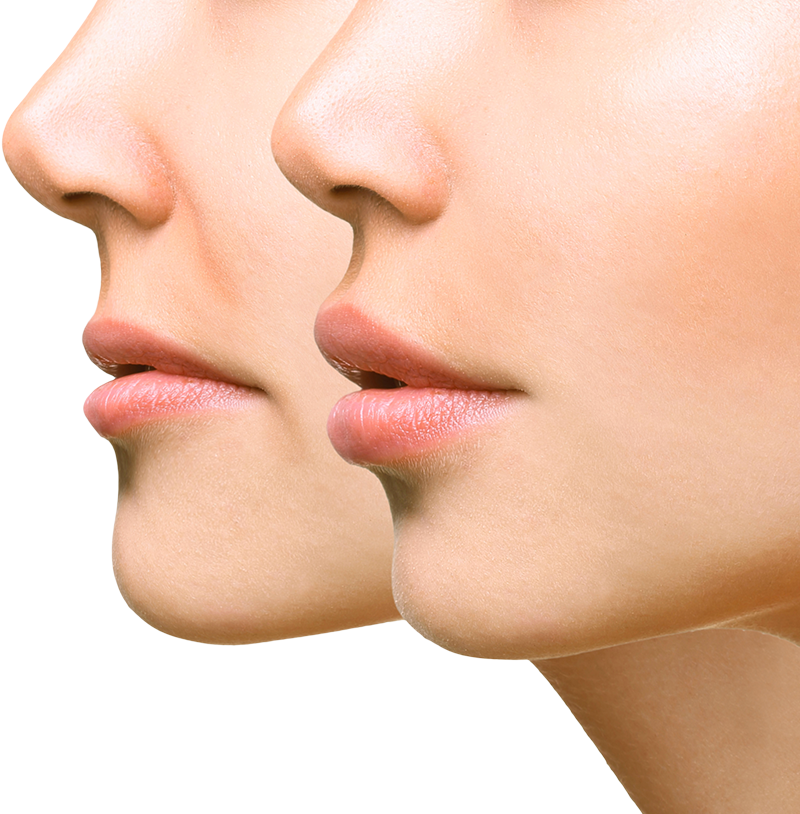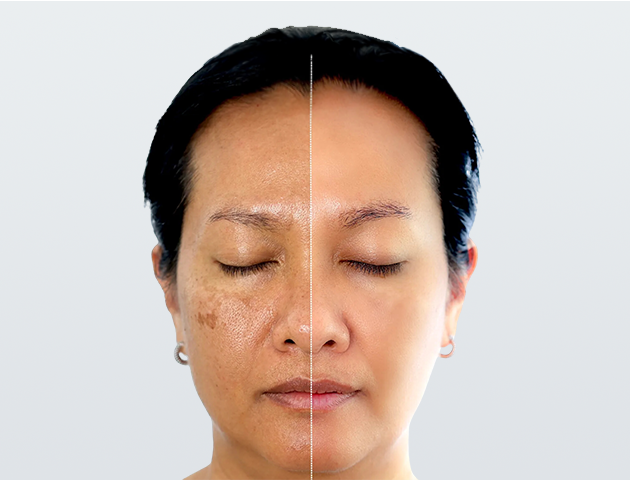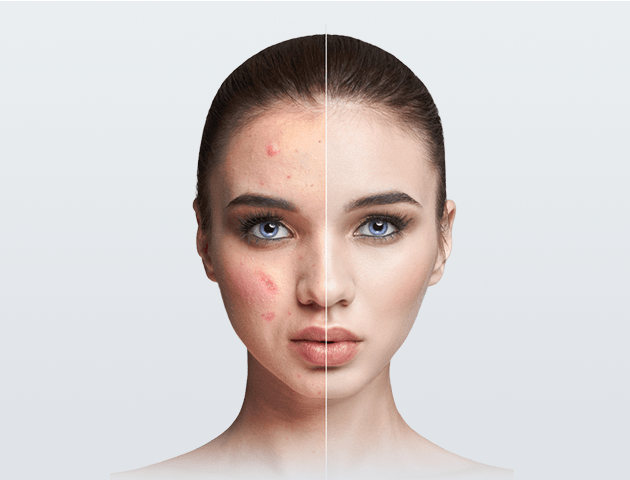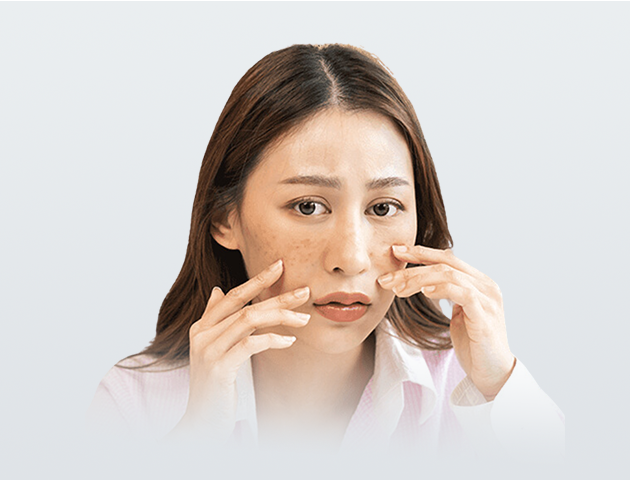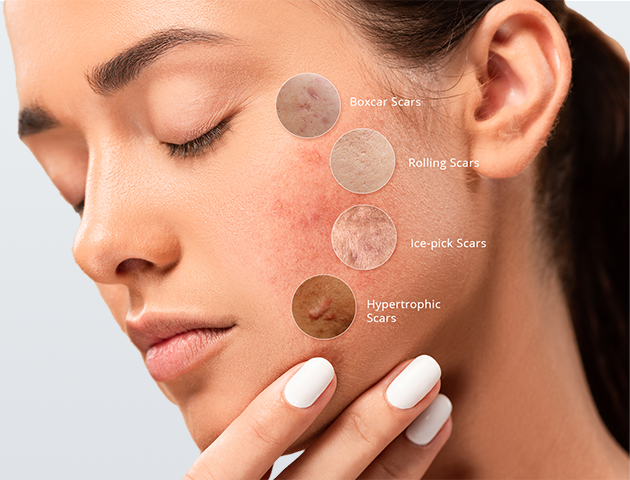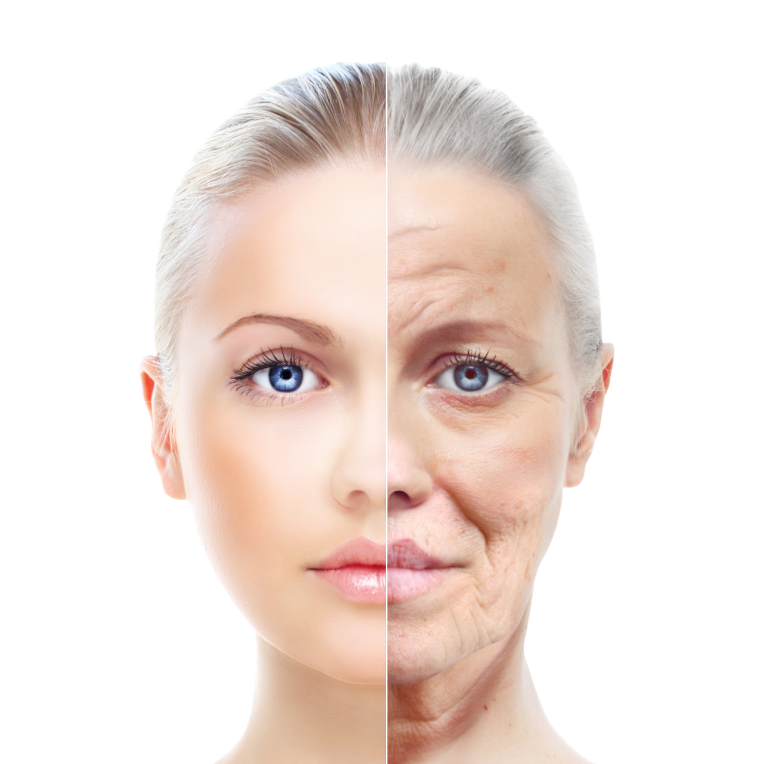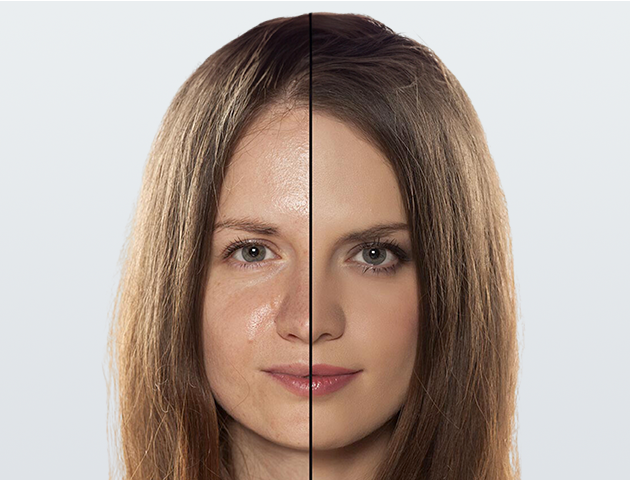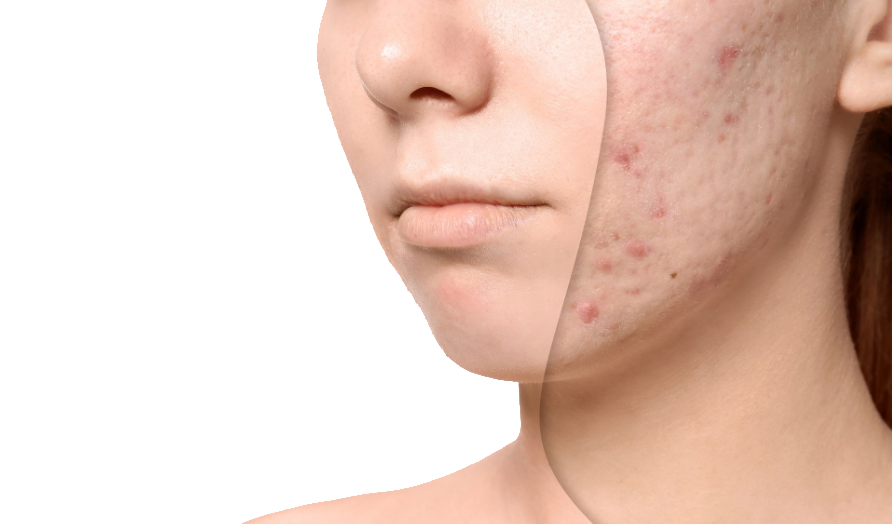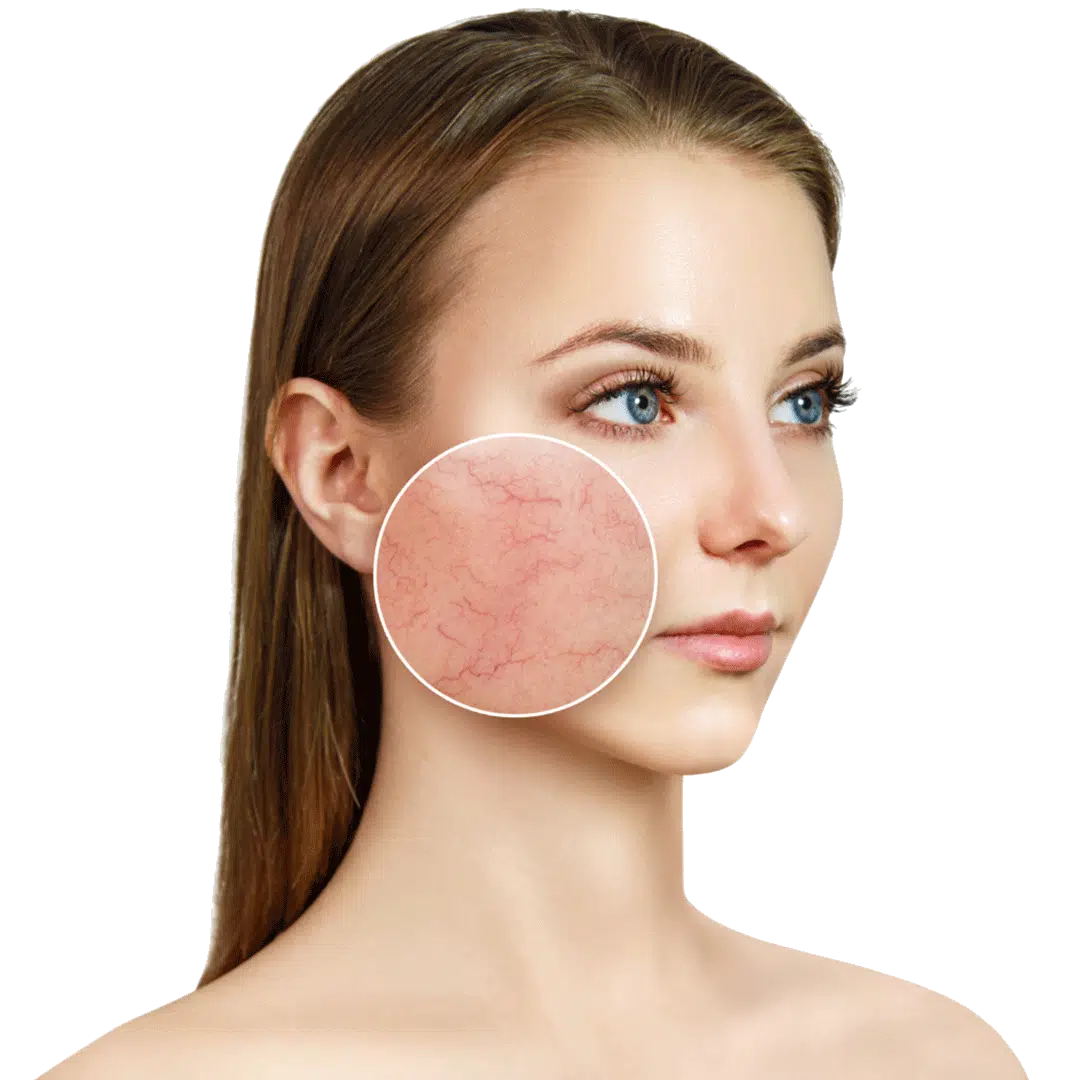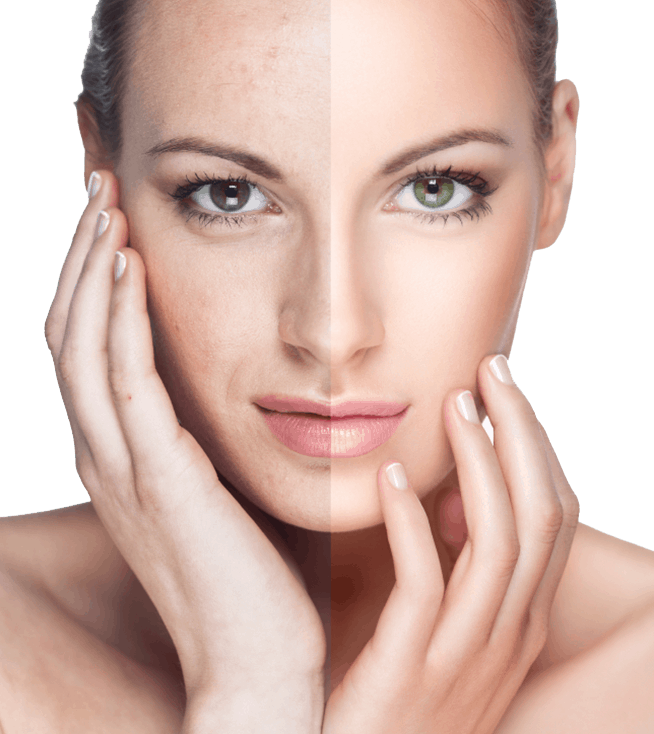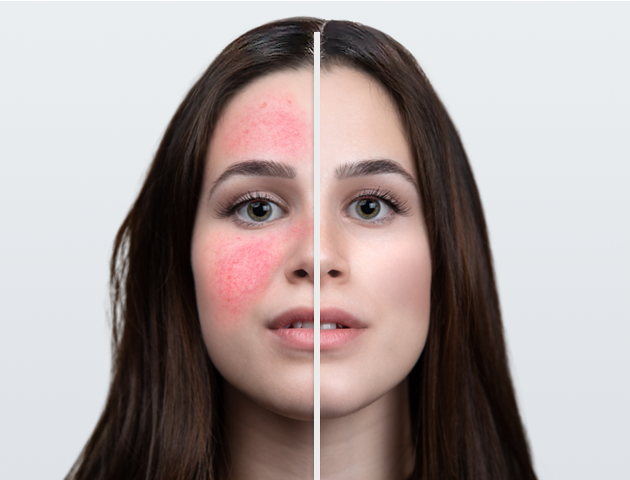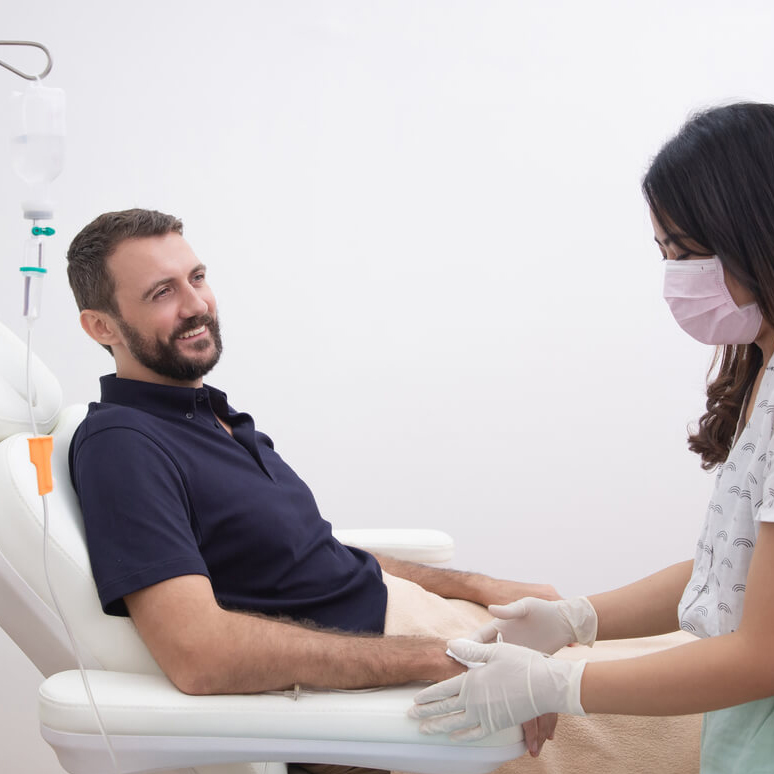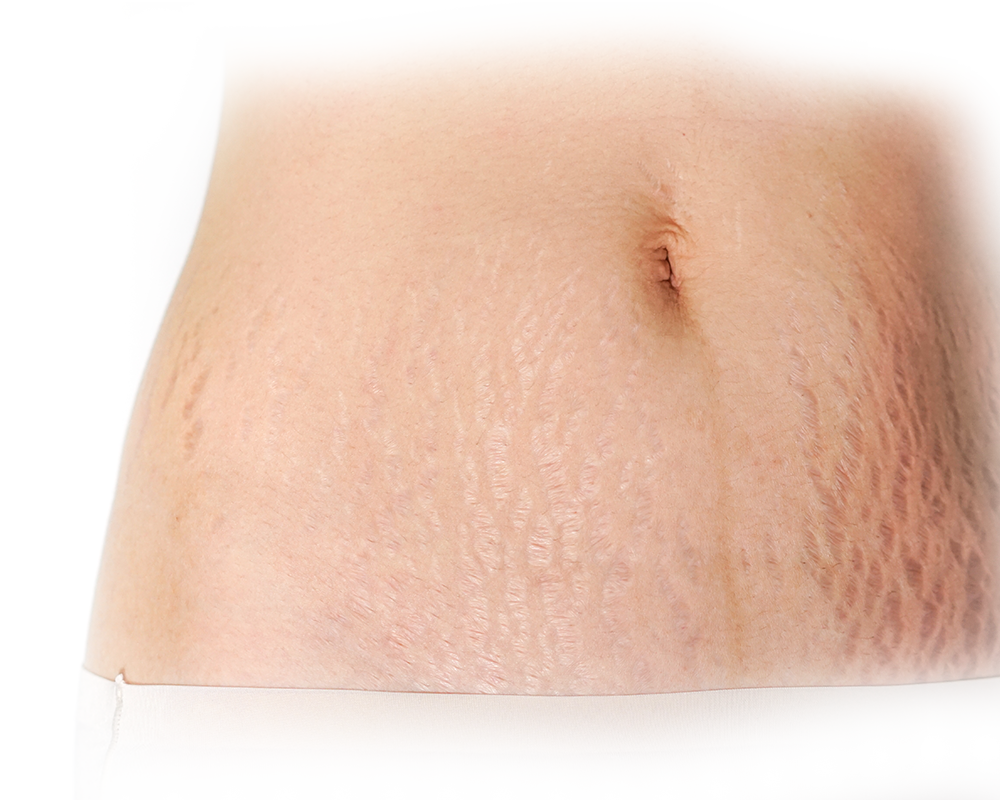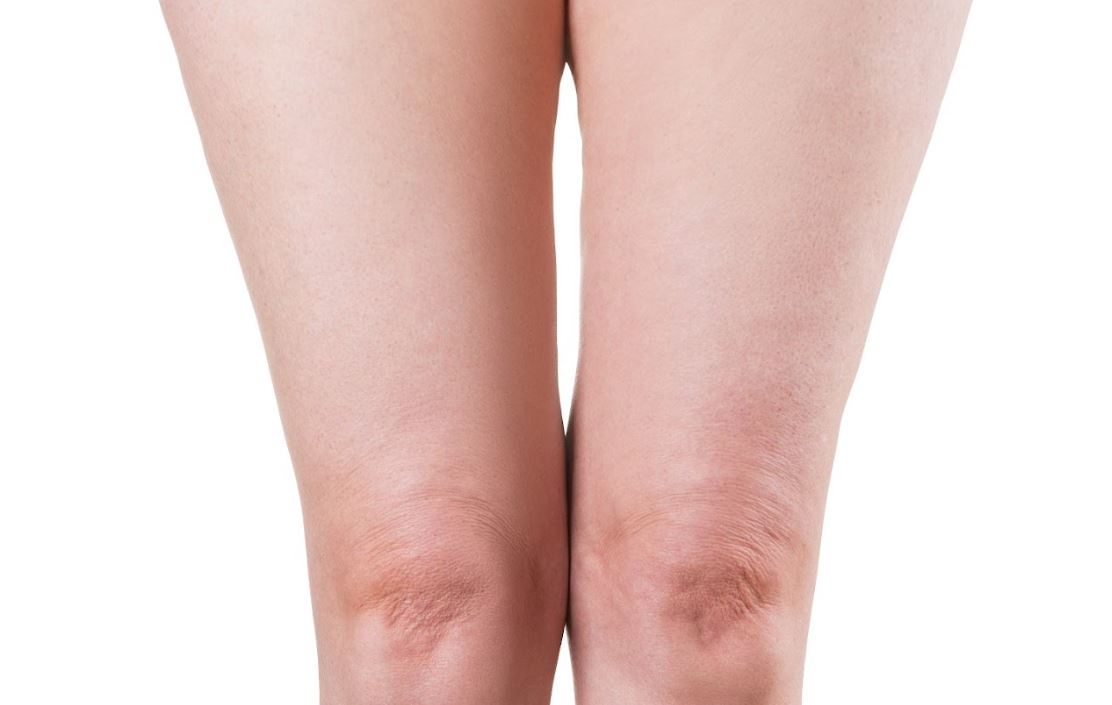Immune System
The immune system is a complex network of cells, tissues, and organs that work together to defend the body against harmful invaders, such as bacteria, viruses, fungi, and other pathogens. It plays a crucial role in maintaining overall health and protecting the body from infections and diseases.

RECOMMENDED TREATMENTS
NAD+
NAD+ is the scientific breakthrough that may turn back the body's age clock. Glo365 is global pioneers in NAD+ IV therapy combined with service that meets a 5-star standard. This therapy supports metabolism boosts energy levels and optimizes both mental performance ultimately contributing to longevity.Skin rejuvenation
CEO Drip
This premium IV drip is the perfect blend of essential micronutrient vitamins and minerals to keep nerve and blood cells healthy while banishing lethargy and low mood. All blended in a balanced electrolyte solution with amino acid glutathione, the master antioxidant.
Hangover Drip
Beat dehydration and restore electrolyte balance with a balanced vitamin blend to flush out alcohol toxins - perfect for a little post-party pick-me-up. You should be allowed to have fun without feeling terrible the next day, and this IV features ingredients like Magnesium Manganese, Copper, and Zinc to help you feel like a human again in no time.
The immune system is a complex network of cells, tissues, and organs that work together to defend the body against harmful invaders, such as bacteria, viruses, fungi, and other pathogens. It plays a crucial role in maintaining overall health and protecting the body from infections and diseases.
Components of the Immune System:
White Blood Cells (Leukocytes):
These are the key players in the immune system. There are different types, including neutrophils, lymphocytes, monocytes, eosinophils, and basophils, each with specific functions in the immune response.
Lymphatic System:
Comprising lymph nodes, vessels, and organs like the spleen and thymus, the lymphatic system helps circulate lymph (a fluid containing white blood cells) throughout the body, aiding in the detection and elimination of pathogens.
Bone Marrow:
Responsible for producing blood cells, including white blood cells, which are essential for the immune response.
Spleen:
Acts as a filter for blood, removing damaged blood cells and serving as a reservoir of immune cells.
Thymus:
Plays a crucial role in the development and maturation of T lymphocytes (a type of white blood cell) important for immune function.
The Immune System and Facial Skin:
The skin is a vital component of the immune system, acting as the body’s first line of defense against external threats. The immune system on facial skin includes:
Physical Barrier:
The outermost layer of the skin, the epidermis, serves as a physical barrier, preventing pathogens from entering the body. The skin’s acidic pH and the presence of antimicrobial peptides further enhance its protective function.
Immune Cells in the Skin:
Langerhans cells, a type of dendritic cell, patrol the skin, detecting and capturing pathogens. Other immune cells, such as macrophages and T cells, are also present, ready to respond to potential threats.
Sebaceous Glands:
These glands secrete sebum, an oily substance that forms a protective layer on the skin. Sebum contains antimicrobial properties, contributing to the skin’s defense mechanisms.
Inflammatory Response:
In case of injury or infection, the immune system triggers an inflammatory response. This involves the release of cytokines, recruitment of immune cells, and activation of various defense mechanisms to eliminate the threat.
Skin Conditions and Immune System:
Disruptions in the immune system can contribute to various skin conditions, including autoimmune diseases, allergies, and infections. Disorders like psoriasis and eczema involve immune dysfunction, leading to skin inflammation and other symptoms.
Understanding the intricate relationship between the immune system and facial skin is crucial for maintaining skin health and addressing skin-related concerns effectively. If you have specific questions or need more information on a particular aspect, feel free to ask!








